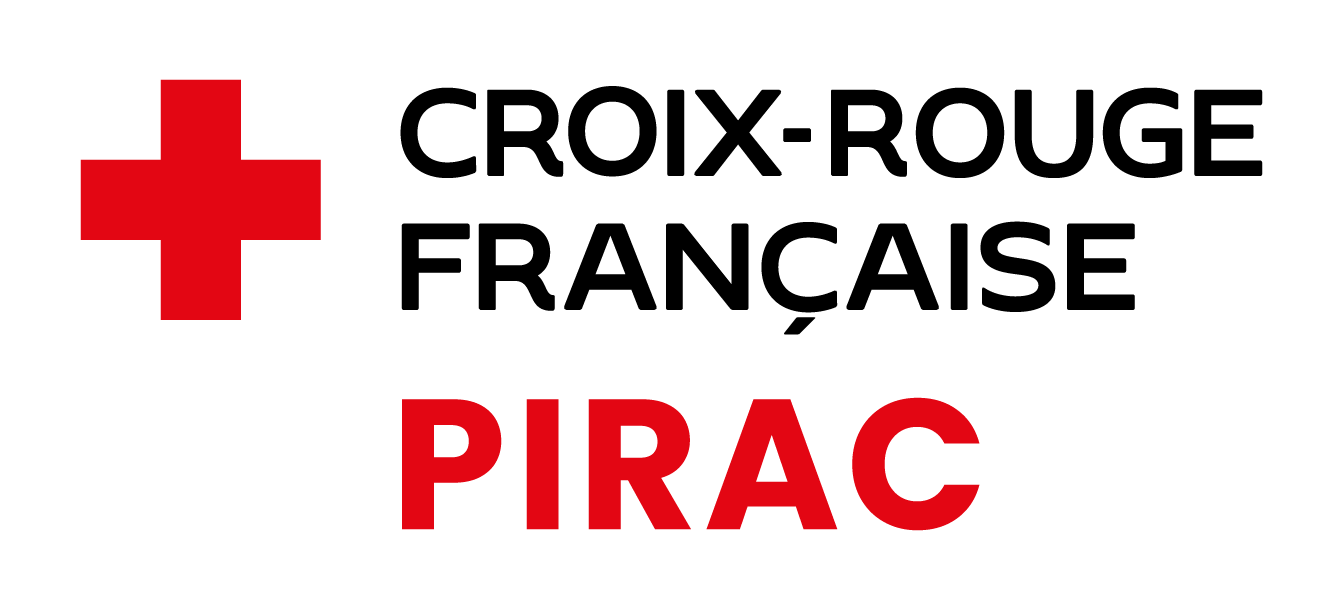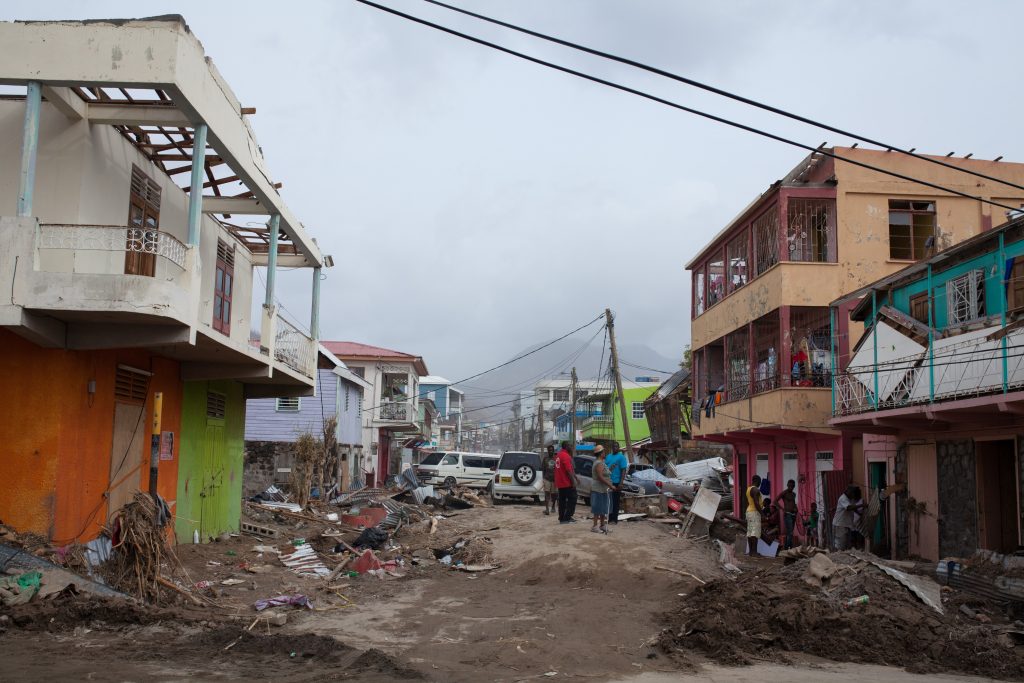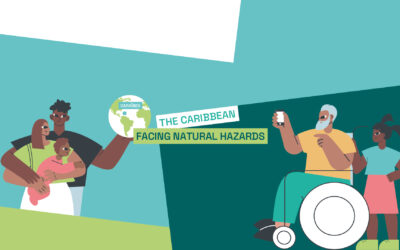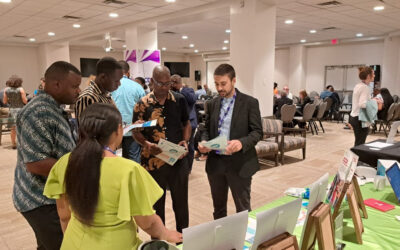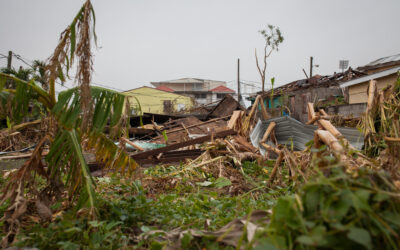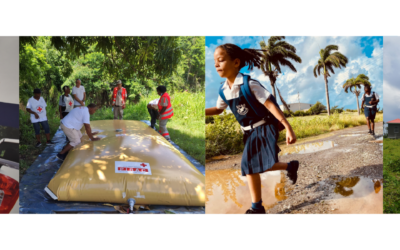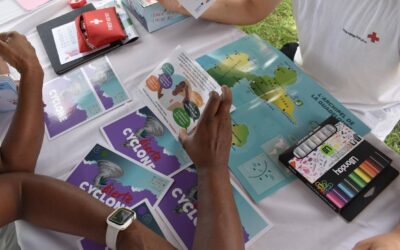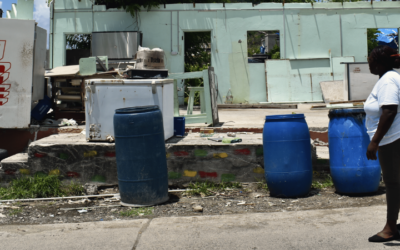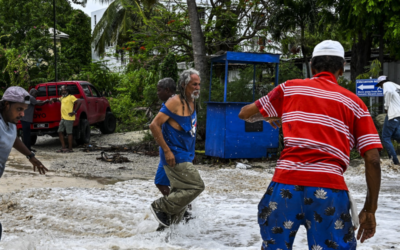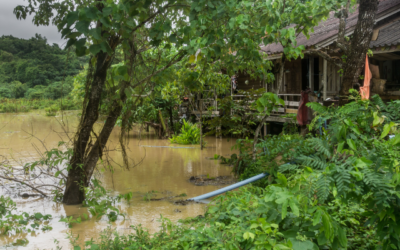From November 6 to 18th, the 27th International Conference on Climate Change will take place in Egypt. On this occasion, PIRAC will be present at the Caricom booth and will be represented by its partner, the OECS, to participate in the negotiations. The objective: to advocate for resilience in the Caribbean and present the Ready Together program.
An alarming scientific report on the state of the planet
The February 2022 report from the Intergovernmental Panel on Climate Change (IPCC), a collective effort by more than 200 of the world’s leading climate scientists, provides unequivocal evidence that climate change is gravely contributing to humanitarian crisis and that the impacts on already vulnerable people are far worse and happening at a faster pace than anticipated.
The consequences are already visible in the Caribbean. The region is composed of many islands threatened by various types of disasters: rising waters, floods, hurricanes, etc.
Our planet is in crisis… and the most vulnerable are more exposed to risks
Billions of people around the world are already suffering the humanitarian consequences of the climate crisis, especially vulnerable communities, even though they are the ones who contribute the least to the climate crisis. Many of the world’s most vulnerable and at-risk communities are hit by multiple or consecutive disasters, leaving them no time to recover before the next shock.
Vague promises, inadequate funding, and weak implementation are costing lives, livelihoods, and precious time. We cannot continue like this.
In the Caribbean and around the world: we need better preparedness to reduce the impacts of disasters
Preventing and anticipating disaster risks is a key issue. Indeed, while disaster response is always essential, preparedness must be strengthened, whether in terms of finances or in terms of expertise and energy devoted to supporting populations. We must not only prepare communities in the short term, but we must help them become resilient in the long term.
It is in this sense that PIRAC is deploying its Ready Together / 3 Oceans program in coordination with its partners to strengthen the resilience of populations and regional cooperation in the Caribbean. In a region where territories are isolated, cooperation is vital: setting up enhanced coordination mechanisms, uniting the strengths of each island is essential to strengthen resilience and solidarity within the Caribbean.
Through several types of training (first aid, psychological first aid, support for small and medium businesses, etc.), the Ready Together/3 Oceans program is a good example of concrete actions taken to address climate change and disaster impact reduction.
To adapt to climate change, we must also strengthen existing solutions. For example:
- Protect, manage and restore natural resources such as forests and mangroves which reduce the impacts of flooding, storm surge, drought and heatwaves
- Invest in drought-resistant crops and modernize irrigation systems to help protect small scale farms from rising temperatures
- Plan and modify buildings, roads and utilities to make them resilient to climate extremes
- Anticipate disasters better through early warning systems that reach everyone – not just those with a smartphone
- Rebuild and repair with the next emergency in mind: The steps that are taken after a climate emergency can greatly reduce the impact of future emergencies
It is urgent: scientists are clear about the irreversible effects of global warming. If the temperature reaches +1.5°C (which seems highly likely given the current trajectory), some nature-based solutions will become ineffective to meet challenges. There is not much time left to act : if we miss the opportunity to change our society, then adaptation to climate impacts will become impossible and damage inevitable. Nature will no longer be able to serve as a natural barrier to protect people from floods, storms, droughts and heat waves…
Inclusive climate action, led by locals, is key to combating the climate crisis
Communities are on the forefront of the climate crisis are also its first responders and are best placed to identify and address critical needs. Local responders, like National Red Cross and Red Crescent Societies, are embedded in the communities they serve, before, during and after disasters hit. They are uniquely placed to provide assistance when and where it is needed the most, and with the greatest impact, but can only do so with adequate resources.
We must improve the quantity and quality of funding for the most vulnerable countries to adapt to a changing climate. We must ensure that adaptation finance reaches the most vulnerable, including in hard-to-reach places, as well as fragile and conflict-affected countries and communities
